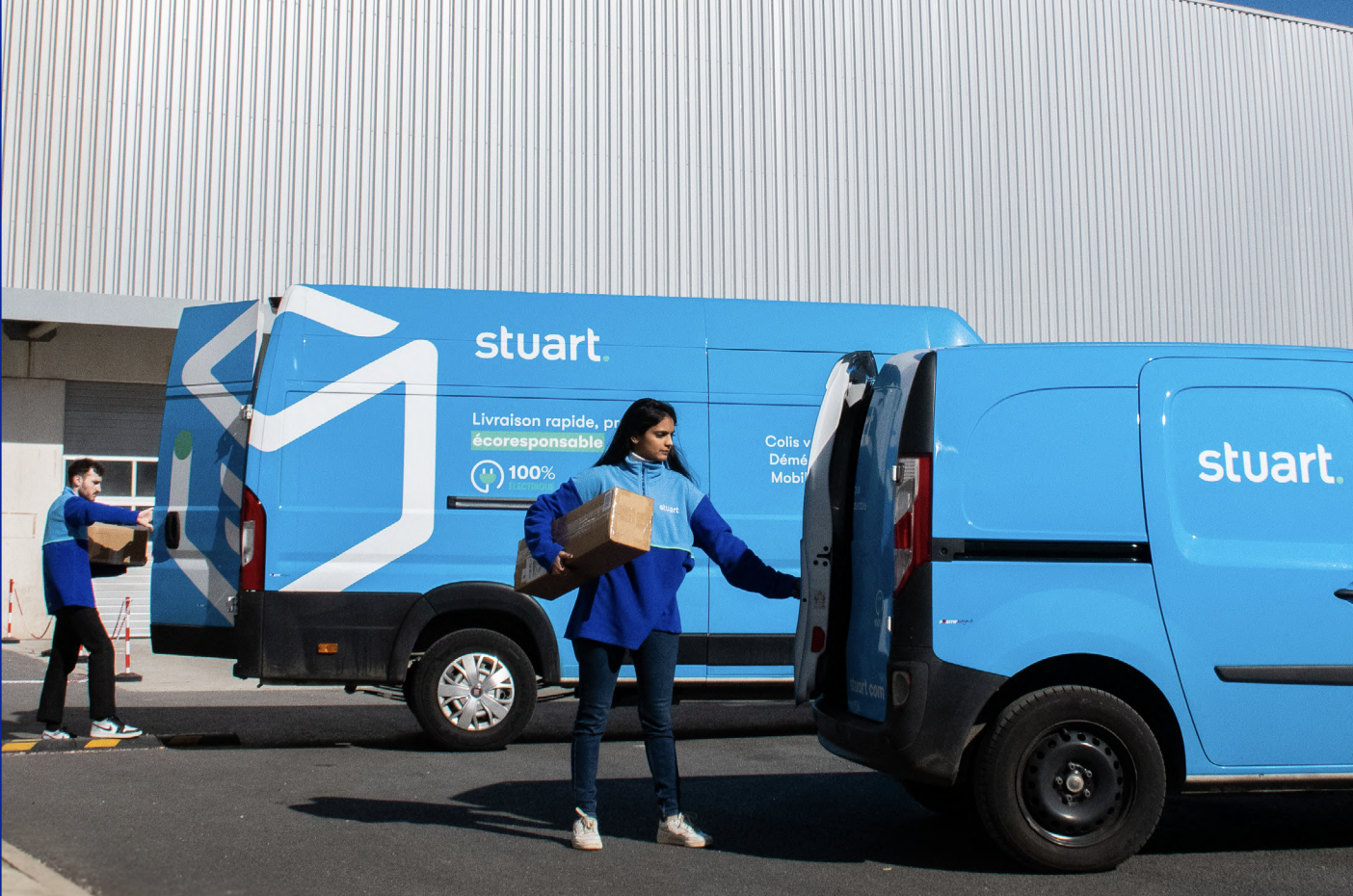We’re running a series of previews and interviews with speakers around this year’s InternetRetailing Conference (IRC 2019) in the run-up to the event in October. Today we hear from Robin Phillips of Watch Shop about how the retailer approaches new markets.
InternetRetailing: Tell us about Watch Shop – and about your international presence.
Robin Phillips, chief executive of Watch Shop: We trade as Watch Shop and Watch Hut, and are a watch brand partner that’s particularly focused on the higher volume areas of fashion and classic watches. We sell anything up to the Swiss watch brands, with a price level of over £1,000 but our sweet spot is in the sub £1,000 market where we’ve got key brands like Hugo Boss, Tommy Hilfiger, Michael Kors, Casio and Olivia Burton.
We are almost a pureplay, with one Watch Shop store in Reading that we need in order to work with Swiss brands, and we’ve also got seven EU sites, which trade as watchshop.com with local URLs in Germany, France, Italy, Sweden, Spain, Poland, and the Netherlands.
IR: At IRC 2019 you’re speaking in a session on driving growth in new and local markets: what is the Watch Shop experience of selling in new markets?
RP: I’ve been at Watch Shop for nearly a year now and one of the things we’ve done in that time is go through all the territories, work out who is the customer, what’s the right product range to offer and how we rate it better. This year we’re concentrating on doing a better job with our current sites but wouldn’t rule out adding more. We’re lucky at Watch Shop in that we have our own in-house technology and in-house development team. I don’t necessarily have to work with an international partner – which is what some of the brands do if you don’t have that infrastructure.
There are lots of companies that will help you deal with areas such as international logistics – I don’t have to do that all myself as part of my own business. That means I can have a very joined-up Monday morning trading meeting about what we’re doing for our UK sites at the same time as talking about what we’re doing for international sites. We’ve got the immediacy of being able to make decisions and take action, just as for the UK sites.
It’s a bit of a territory by territory approach. Some European customers are more savvy than others in terms of where they look. For example, we can see that Polish customers will look at the UK site, and at the Polish site, to see what’s the best combination of deals that they might be able to get on a particular watch they want, and how do you balance that against some of the increased cost of delivery to European territories. It gives us something to think about – how do we balance that, equitably, so that the value proposition to customers in different territories is really clear? It’s a good discipline.
IR: What has been one big challenge – and how have you addressed that?
RP: I’d still say it’s relatively territorial – I think everybody who has worked in Germany has experienced a much higher level of returns. That’s a factor there, and has to be considered as part of the overall value chain for Germany.
We’ve found our Polish customers really love Casio products – we can see that there are territorial biases towards different brands. We need to think about the assortment on the different sites so that we have a kind of national perspective in terms of what we’re putting up for sale.
IR: What has been one big benefit – perhaps unexpected?
RP: It’s about giving us more volume than we would otherwise get from just the UK. It also helps us to understand what some of our competitors are doing in those territories and in particular how international marketplaces are working to move product around their territories. It gives us a much better view of what’s happening in the grey market in Europe, and how that might affect both Europe and the UK. So the market intelligence we get is really helpful.
What it made us do was start again from scratch and ask: ‘Who do we think that customer really is, based on what we’ve seen? What product should we really be trying to put in front of them, and what’s the merchandising and sales plan that’s really going to support that in those territories?” We were perhaps trying to sell products that weren’t relevant and perhaps weren’t profitable – through the combination of promotion and home delivery cost – so now I know that all the products I have ranged on European sites are profitable. We perhaps didn’t have that insight before.
IR: Do you have one piece of advice for other retailers as a result of your experiences?
RP: Think about what customer you are trying to aim at, how are they going to find you and what they really want to buy from you and particularly from a UK retailer? How do you reassure them that’s going to be a good experience? One of the things that’s really important to us is that we have an international call centre with European speakers in the call centre who can handle the queries that we get. Quite a lot of that would be around, “If I buy products from the UK can you reassure me you’ll look after me with after sales and if it goes wrong you’ll refund or help me return the product?” Reassurance all the way down the chain is very important
IR: Aside from your own presentation, what are you most looking forward to at IRC 2019?
RP: I love networking. I really like to chew the fat with my peers and see old friends, and see what’s happening that I should be thinking about myself. I try to go and stimulate some debates, and give some insights into the things we’re doing. I’m pretty open like that and what I enjoy the most is when other people are also prepared to interact on that level so you can come away feeling that you’ve learnt something from your peers that you wouldn’t have otherwise.
Robin Phillips, previously of Waitrose and Boots and now chief executive of Watch Shop, is speaking in a panel session on international expansion at IRC 2019. Driving growth in new global and local markets is at 14.10 on October 10.
Click here to find out more about the IRC 2019 conference programme, exhibition featuring the latest retail technology and the workshops where delegates can get practical advice on key technologies.
IRC 2019 takes place on October 10 at the Business Design Centre in Islington, London. A full-price retailer delegate ticket costs £495, but as an InternetRetailing reader we can offer you 75% off full price tickets if you use discount code IRMSEB100 (for retailers only). Vendors can get up to 20% off full price tickets until August 16 2019 when the early bird discount sales ends.
Image courtesy of InternetRetailing Events









